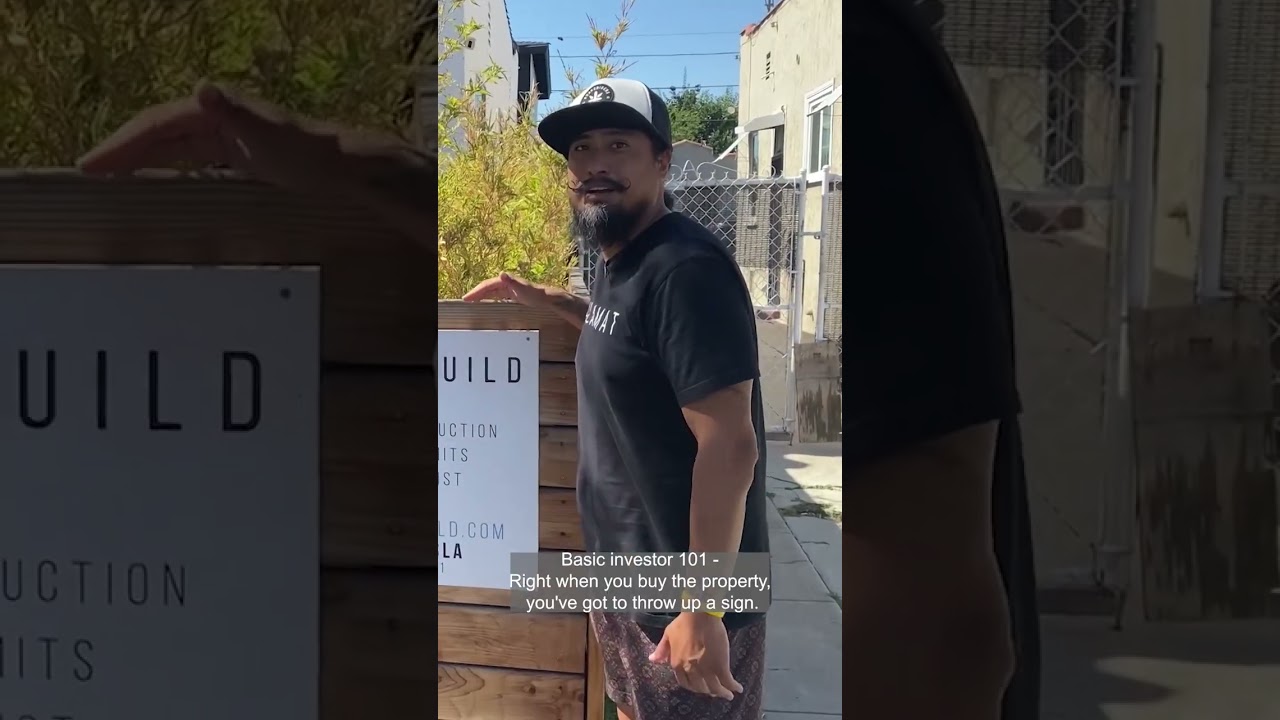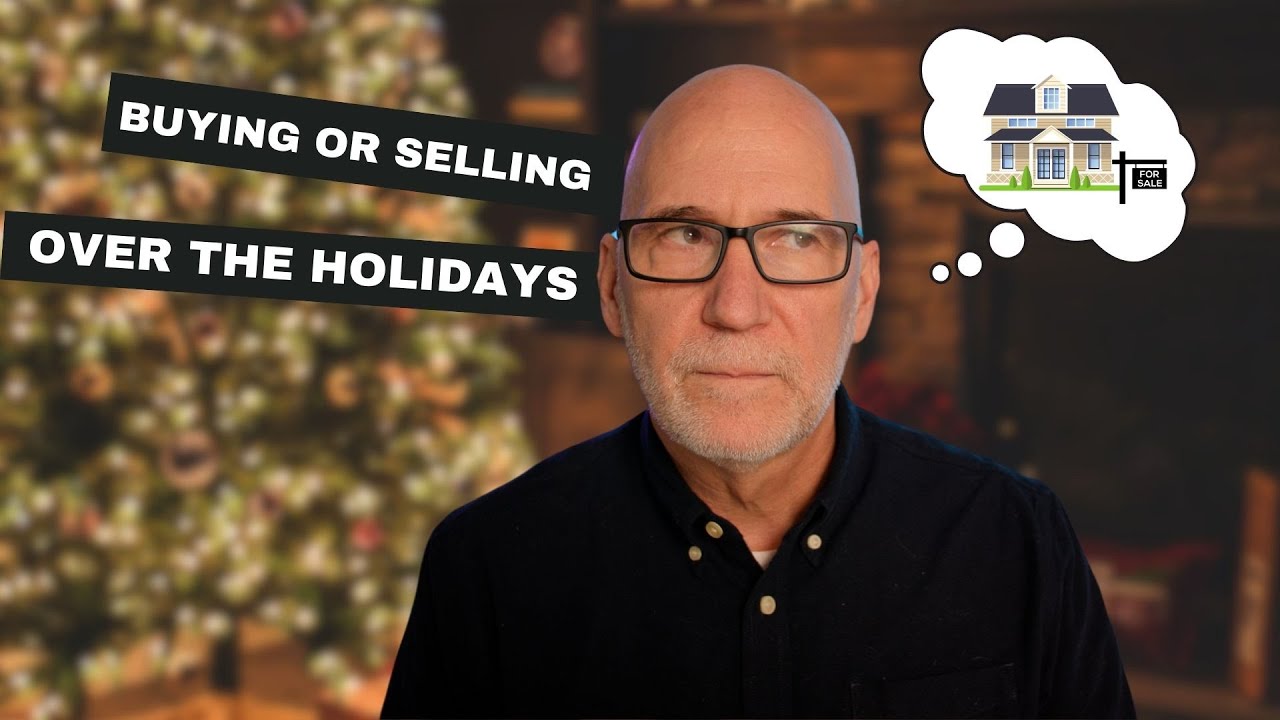
Young Australians starting on a career as a teacher, nurse, painter, in communications or the creative arts in 2025 have been warned they’ll likely need to change it to buy a house.
Finder research has revealed how long it will take the average earner in a wide array of Australia’s most popular career paths to build a deposit and be able to afford a house.
And while dentists, doctors, IT workers and engineers are poised to be among the fastest into home ownership, it’s likely roof tilers and carpenters will outpace them as they spend less time learning and get into earning earlier in life.
RELATED: What your home could be worth in 2029
Propertyology: Aussie cities with home prices tipped to go nuts in 2025
PropTrack Housing Affordability report 2024 Australia’s worst ever
The two trades could buy a $500,000 in an estimated 13-14 years, while their more white-collar alternatives face a typical 14-year journey from starting university to owning a home.
With home prices surging across large parts of the country in 2024, particularly Adelaide and Brisbane, careers that provide rapid wage growth early on are among the best for getting a deposit together before rising prices leave home buying dreams behind.
But vocations such as painting, communications and creative arts likely to leave young Australians taking as much as 20 years to buy even a $500,000 house.
Some careers could leave their employees facing a sad future for the great Australian dream of owning a house.
Those wanting a $1.2m home, which is almost the standard for large chunks of most major capitals today, might never be able to afford it via those careers, while teachers and nurses would take more than 44 years to build up the requisite finances, according to the figures.
Finder head of consumer research Graham Cooke said young Australians would have to “embrace flexibility and adaptability” instead of assuming they would stay in their first job forever.
“The days of following a single career path for life are long gone,” Mr Cooke said.
“Rather than locking themselves in, young Aussies should focus on building transferable skills, expanding their professional networks, and staying open to growth opportunities.”
While the approach could lead to stronger career prospects long term, he said it could also be an important part of owning a home for those making a start in their professional lives today.
Finder.com.au head of consumer research Graham Cooke. NSW real estate.
“From a financial perspective, especially in the context of owning a home, career flexibility can be advantageous,” Mr Cooke said.
“By seeking opportunities in higher-paying industries or roles with greater growth potential, young Australians can boost their savings capacity, making it easier to save for a deposit or service a mortgage.
“Additionally, acquiring diverse skills and experiences can make individuals more resilient to economic downturns and better positioned to leverage opportunities in new markets.”
The research boss said with shorter timelines needed to get into better incomes, as well as the federal government planning for a five-year home building boom, learning a trade might be the best bet for many to get a start on an alternative career path.
The Finder research assumes home prices will continue to grow as would-be buyers save the 20 per cent deposit required by many lenders, and in some cases wait for their income to rise high enough to accommodate repayments on a loan for the remaining 80 per cent of a property’s value.
The data also reflects latest PropTrack analysis, which shows housing affordability is at a record low nationwide, with a median income household earning $112,000 a year able to afford just 14 per cent of homes around the country in the 2023-2024 financial year.
HOW MANY YEARS FOR YOUR CAREER TO BUY A HOUSE
| Career | Starting salary | $500,000 House | $800,000 House | $1m House | $1.2m House |
| Science and mathematics | $65,000 | 17 | 27 | 34 | 42 |
| Computing and information systems | $66,700 | 14 | 22 | 27 | 33 |
| Engineering | $70,000 | 14 | 22 | 27 | 33 |
| Architecture and built environment | $65,100 | 16 | 25 | 31 | 38 |
| Agriculture and environmental studies | $62,500 | 17 | 27 | 35 | 42 |
| Health services and support | $66,000 | 16 | 26 | 33 | 39 |
| Medicine | $75,100 | 14 | 23 | 28 | 34 |
| Nursing | $65,200 | 18 | 30 | 38 | 46 |
| Pharmacy | $49,600 | 16 | 25 | 31 | 38 |
| Dentistry | $90,000 | 14 | 22 | 27 | 33 |
| Veterinary science | $60,000 | 17 | 28 | 35 | 43 |
| Rehabilitation | $65,000 | 16 | 25 | 32 | 39 |
| Teacher education | $70,000 | 17 | 28 | 35 | 43 |
| Business and management | $62,000 | 16 | 25 | 31 | 38 |
| Humanities, culture and social sciences | $62,600 | 17 | 27 | 34 | 41 |
| Social work | $70,400 | 17 | 27 | 34 | 42 |
| Psychology | $63,000 | 17 | 28 | 36 | 43 |
| Law and paralegal studies | $66,000 | 15 | 25 | 31 | 37 |
| Creative arts | $52,000 | 22 | 36 | 45 | N/A |
| Communications | $56,000 | 19 | 31 | 40 | 48 |
| Carpenter/Joiner/Stonemason/Tiler | $74,464 | 14 | 27 | 35 | 43 |
| Bricklayer | $72,852 | 15 | 27 | 36 | 45 |
| Plasterer | $75,000 | 14 | 26 | 35 | 43 |
| Sign-writer/Painter/Glazer | $64,324 | 18 | 33 | 44 | N/A |
| Roof Tiler | $85,000 | 13 | 22 | 29 | 36 |
| Plumber | $73,788 | 15 | 27 | 36 | 44 |
Source: Finder
Sign up to the Herald Sun Weekly Real Estate Update. Click here to get the latest Victorian property market news delivered direct to your inbox.
MORE: Block insider’s 11 ways to cheaply add $100k to home’s value
Aussie suburbs where car collectors find space to live large revealed | PropTrack
Revealed: Australia’s most-clicked homes on realestate.com.au






